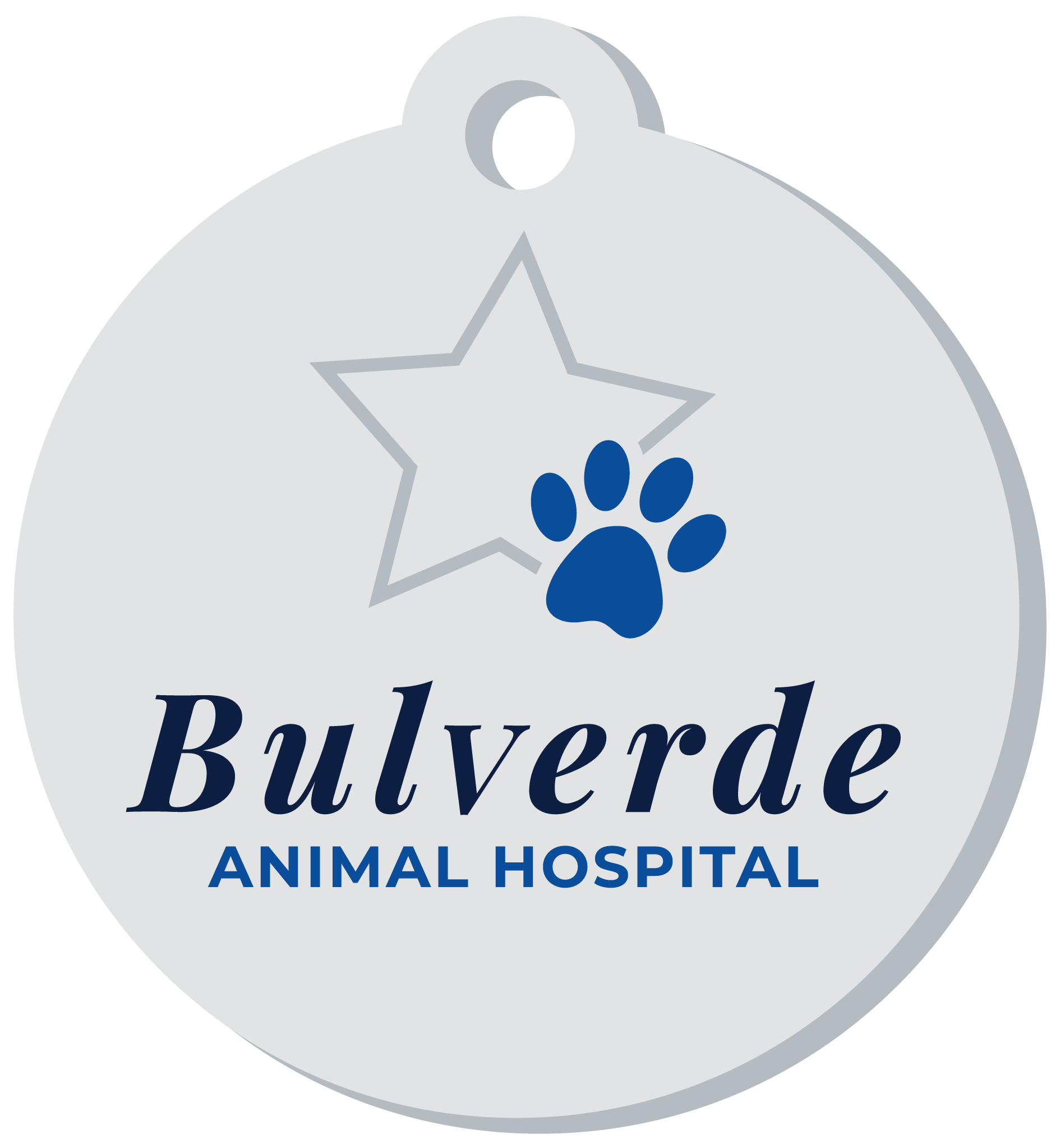Are Dogs Omnivores? Dog Diets and More

Are dogs omnivores? This topic is of great interest to pet owners who are keen to understand their canine companions better. We’ll dive into what makes a balanced diet for dogs, the importance of proper nutrition, and how you can make the best dietary choices for your furry family member. Should you have any questions or need professional advice, our team at Bulverde Animal Hospital in Bulverde, TX, is just a phone call away at (830) 438-7200. We’re here to support you and your dog’s health journey.
What Does ‘Omnivore’ Mean for Dogs?
Before we dive into the specifics, let’s clear up what being an omnivore means for dogs. Omnivores are animals that eat both plants and meat. Dogs have evolved from strictly meat-eating ancestors but have adapted to a more varied diet. This adaptation means they can digest and gain nutrients from both animal and plant sources, making them omnivores. But what does this mean for your dog’s diet?
Balancing Meat and Plant-Based Foods
A well-balanced diet for a dog includes a mix of meat and plant-based foods. Protein is a key component of their diet and should primarily come from meat sources like chicken, beef, or fish. However, dogs also benefit from fruits, vegetables, and grains, which provide essential vitamins, minerals, and fiber. These plant-based components contribute to their overall digestive health and well-being.
Choosing the Right Dog Food
One of the most challenging tasks for pet owners is selecting the right food for their dog. Since nutrition is so important to your pet’s health and longevity, a diet that meets all their needs is a must. There are various types of dog diets available on the market, coming in all kinds of flavors and textures. Here’s a quick rundown of what’s out there.
Understanding Dog Food Types
When selecting dog food, it’s important to understand the different types available. Dry kibble is a popular choice due to its convenience and long shelf life. It’s also beneficial for dental health, as the crunchy texture can help reduce plaque buildup. Wet food, often canned, is much higher in moisture content and can be more appealing to picky eaters. Some owners opt for a combination of both to provide variety and balance.
Considerations for Specific Health Conditions
If your dog has a specific health condition, such as kidney disease, diabetes, or arthritis, the choice of food becomes even more crucial. Specialized veterinary diets are formulated to address these health concerns. For instance, dogs with kidney problems may require food with lower protein levels, while diabetic dogs benefit from diets with complex carbohydrates for better blood sugar control.
Your veterinarian is your go-to for all things related to your dog’s nutrition, and we would be more than happy to answer your questions and guide you in choosing the appropriate food for your pet.
The Special Dietary Needs of Dogs
Different breeds may have unique nutritional needs. Larger breeds, like Great Danes or German Shepherds, may require diets with specific nutrients to support joint health. Smaller breeds, like Chihuahuas or Yorkies, often do well with smaller kibble sizes and diets higher in calories to match their faster metabolisms.
Diet Adjustments for Active and Less Active Dogs
The lifestyle of your dog also plays a role in their dietary needs. Active dogs, such as those regularly engaged in sports or outdoor activities, may need higher-calorie diets to sustain their energy levels. On the other hand, less active dogs or those prone to weight gain may require calorie-restricted diets to maintain a healthy weight.
Homemade Dog Diets
Creating a balanced homemade diet requires understanding the proportions of different food groups. A general guideline is to include 50% protein (like chicken, beef, or fish), 25% vegetables (such as carrots, green beans, or sweet potatoes), and 25% grains or other carbohydrates (like rice or pumpkin). However, these proportions can vary based on your dog’s specific needs. You should talk to your veterinarian to formulate a homemade diet for your dog that utilizes the right percentages for protein, vegetables, and carbs.
The Role of Supplements in Homemade Diets
When feeding a homemade diet, supplements can play a role in ensuring nutritional completeness. Essential fatty acids, specific vitamins, and minerals might need to be added to prevent deficiencies. Consulting with your veterinarian can help you determine which supplements are necessary based on the ingredients used in your homemade meals.
Transitioning to a Homemade Diet
Transitioning to a homemade diet should be done gradually and with the guidance of your veterinarian. Start by mixing homemade food with the current commercial food your dog is eating and slowly increase the proportion over time. This gradual change helps to prevent digestive upset and allows you to monitor your dog’s response to the new diet.
Contact Bulverde Animal Hospital for More Nutrition Advice
Your dog’s diet is a key part of their health and happiness. Whether you choose commercial dog food or a homemade diet, ensuring it meets their nutritional needs is vital. At Bulverde Animal Hospital, we understand the importance of proper nutrition and are here to help guide you in making the best choices for your dog. If you have any questions or need advice, don’t hesitate to call us at (830) 438-7200 for more information or to schedule an appointment.
Recent Posts
About Us
At Bulverde Animal Hospital, our ultimate goals are excellent service to clients, personal growth, and the professional development of our staff. We are a small clinic creating a significant impact on pets' lives.
